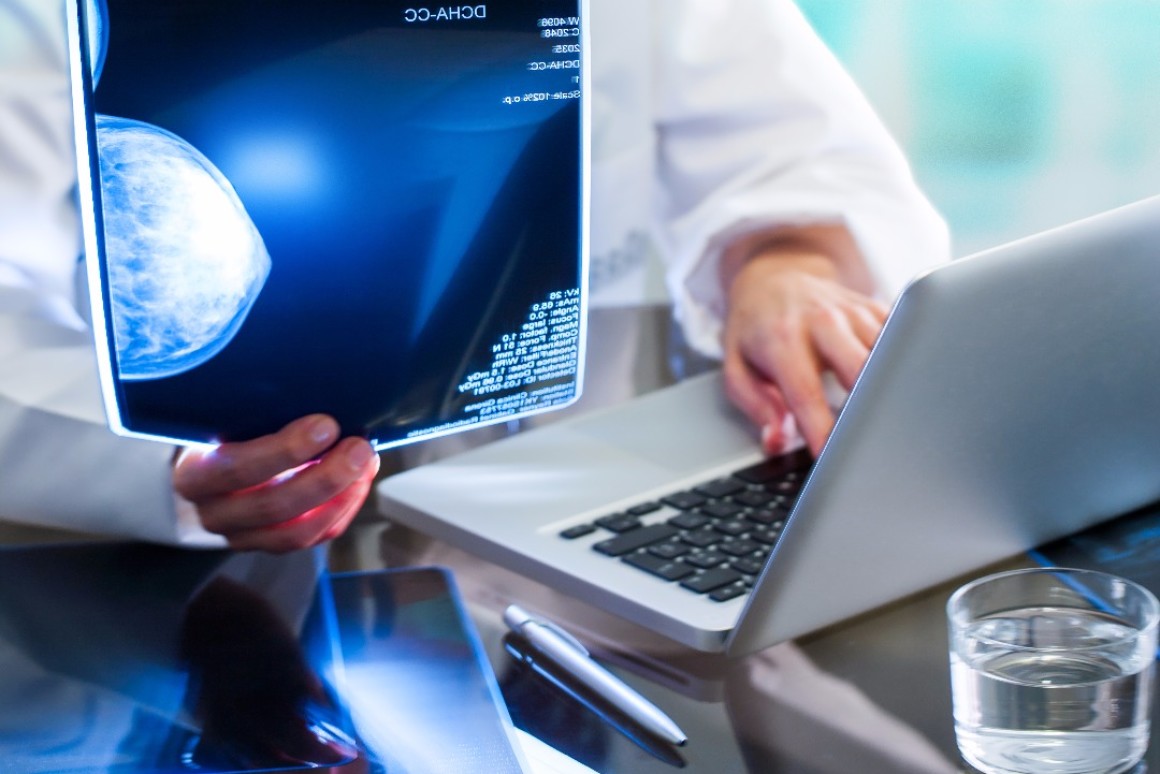Artificial Intelligence Detects Cancer Better Than Human Experts
As I’ve shared many times before, breast cancer is perhaps the most devastating form of cancer for most women and even for a few men. The statistics of breast cancer, while improving every year, are still daunting and formidable:
- About 1 in 8 U.S. women (about 12%) will develop invasive breast cancer over the course of her lifetime.
- In 2019, an estimated 268,600 new cases of invasive breast cancer are expected to be diagnosed in women in the U.S., along with 62,930 new cases of non-invasive (in situ) breast cancer.
- About 2,670 new cases of invasive breast cancer are expected to be diagnosed in men in 2019. A man’s lifetime risk of breast cancer is about 1 in 883.
- Breast cancer incidence rates in the U.S. began decreasing in the year 2000, after increasing for the previous two decades. They dropped by 7% from 2002 to 2003 alone. One theory is that this decrease was partially due to the reduced use of hormone replacement therapy (HRT) by women after the results of a large study called the Women’s Health Initiative were published in 2002. These results suggested a connection between HRT and increased breast cancer risk.
- About 41,760 women in the U.S. are expected to die in 2019 from breast cancer, though death rates have been decreasing since 1989. Women under 50 have experienced larger decreases. These decreases are thought to be the result of treatment advances, earlier detection through screening, and increased awareness.
- For women in the U.S., breast cancer death rates are higher than those for any other cancer, besides lung cancer.
Due to the frequency of breast cancer, women are urged to learn how to do regular self-exams. These exams help the woman become familiar with how their breasts feel, making it easier for them to detect something new, such as a lump or tender spot.
The most common test used to detect breast cancer is a mammogram, where the breast is compressed into an x-ray device which then takes an x-ray. These x-rays are then carefully examined by a specialist, trained to look for the slightest imperfection which is then reported to the woman’s doctor, who then passes on the good or bad news to the patient.
The problem with this common detection method is human error, which can lead to failure to detect a problematic and possible cancerous mass or to detect such a mass that isn’t cancer at all. These human mistakes can lead to failure to treat breast cancer early on and in some cases lead to unnecessary treatment and even disfiguring surgery.
The problem of human error is being reduced, according to a new report:
A computer programme can identify breast cancer from routine scans with greater accuracy than human experts, researchers said in what they hoped could prove a breakthrough in the fight against the global killer…
Now researchers at Google Health have trained an artificial intelligence model to detect cancer in breast scans from thousands of women in Britain and the United States.
The images had already been reviewed by doctors in real life but unlike in a clinical setting, the machine had no patient history to inform its diagnoses.
The team found that their AI model could predict breast cancer from the scans with a similar accuracy level to expert radiographers.
Further, the AI showed a reduction in the proportion of cases where cancer was incorrectly identified – 5.7 percent in the US and 1.2 percent in Britain, respectively.
It also reduced the percentage of missed diagnoses by 9.4 percent among US patients and by 2.7 percent in Britain.
As computer technology improves, so does the field of artificial intelligence and its ability to do precise functions like reading mammograms more accurately than humans. This will lead to fewer unnecessary treatments and surgeries and an increase in the early detection of actual breast cancer, thus increasing the survivability of breast cancer patients.
It also raises the possibility of using AI to help accurately detect other forms of cancer at the early stages. AI is definitely making the future brighter for millions.








Recent Comments